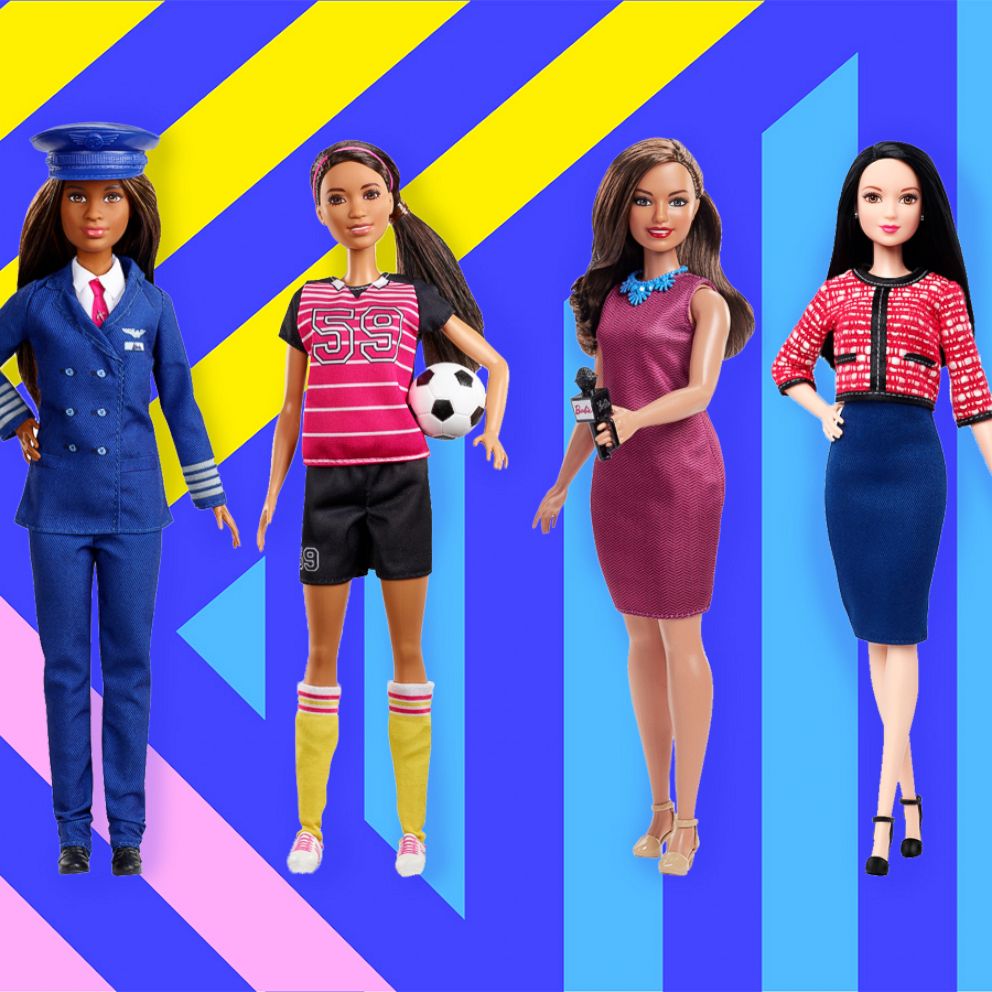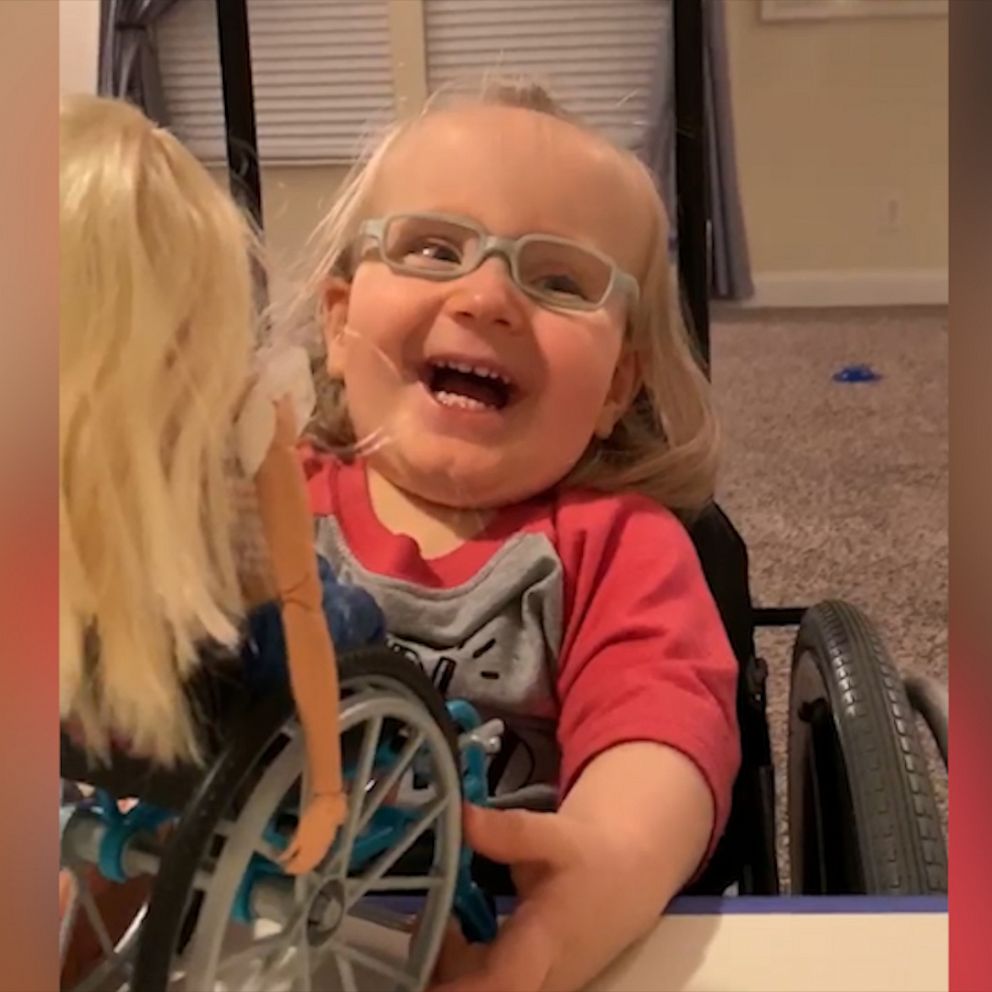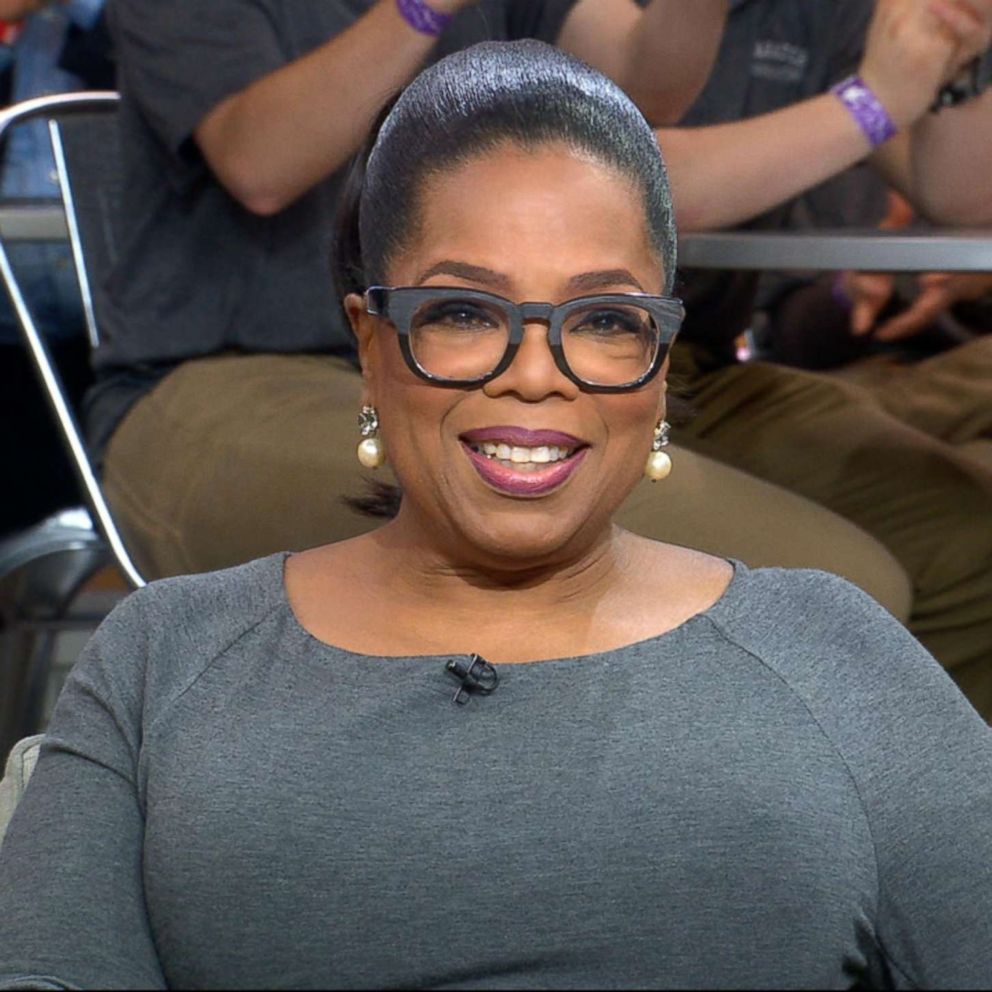Barbie reaches millions as she tackles racism in viral message
A tweet that brought attention to the clip has been viewed millions of times.
Barbie is using her YouTube channel to send a powerful message to young girls on the importance of taking a stand against racism.
In the latest episode of her vlog, the iconic doll-turned-influencer and her friend Nikki speak directly to kids about racism and what it means. The message aired Wednesday to nearly 9.7 million subscribers.
"People might think that my life looks fine, but the truth is I, and so many other Black people have to deal with racism all the time," Nikki says in the clip. "It's really hurtful and it can be scary and sad, and I wanted to share some stories about that today."
Nikki goes on to share a story about how she an Barbie had a sticker-selling contest on the beach. She and Barbie split up, though Nikki said beach security stopped her and called her mom.
"The security officers thought I was doing something bad even though I was doing exactly what you were doing," Nikki says to Barbie, adding that people told her she should've had a permit for selling on the beach.
"Those are just excuses," Nikki notes. "People did these things to me because I was Black and they made the wrong assumptions about me."
Barbie chimed in, saying she feels people do not make the same assumptions about "white people like her."
"When we don't say anything, we're just letting it continue," Barbie says.
Nikki then encourages listeners to read up on Black history and to stand up for each other. Two million viewed Barbie and Nikki's vlog after a fan tweeted the link overnight.
Lisa McKnight, senior vice president and global head of Barbie & Dolls at Mattel, told "Good Morning America" that the brand made a commitment to the Black community "to leverage its global platform, including Barbie herself, as a YouTube vlogger to tackle important topics such as racism."
"Being an ally includes having difficult conversations to better understand discrimination, so we hope that by leveraging Barbie and Nikki to explore these conversations in a kid-friendly format, we can spark productive discussions for families and empower our next generation of leaders to become advocates for change, raising their voices against racism," McKnight said.
When it comes to talking to kids about racism and privilege, experts say the most important thing for parents to do is to have honest conversations and to be there to answer their children's questions.
Dr. Janet Taylor, a psychiatrist and the mother of four Black children, echoed this, stressing that "communication is key."
"Now is the time to talk to our children about the anxiety that we are feeling, which they are feeling as well, and teach them how to resolve that, how to soothe themselves," Taylor told "GMA" in wake of George Floyd's death. "Because what we don’t want is our children to associate their anxiety with the images that they’re seeing on the TV."
In June, Taylor shared tips with "GMA" on talking to kids about racism and the protests that ensued. Some of her advice includes telling the truth, and setting the example as parents.
Read more expert tips here.







